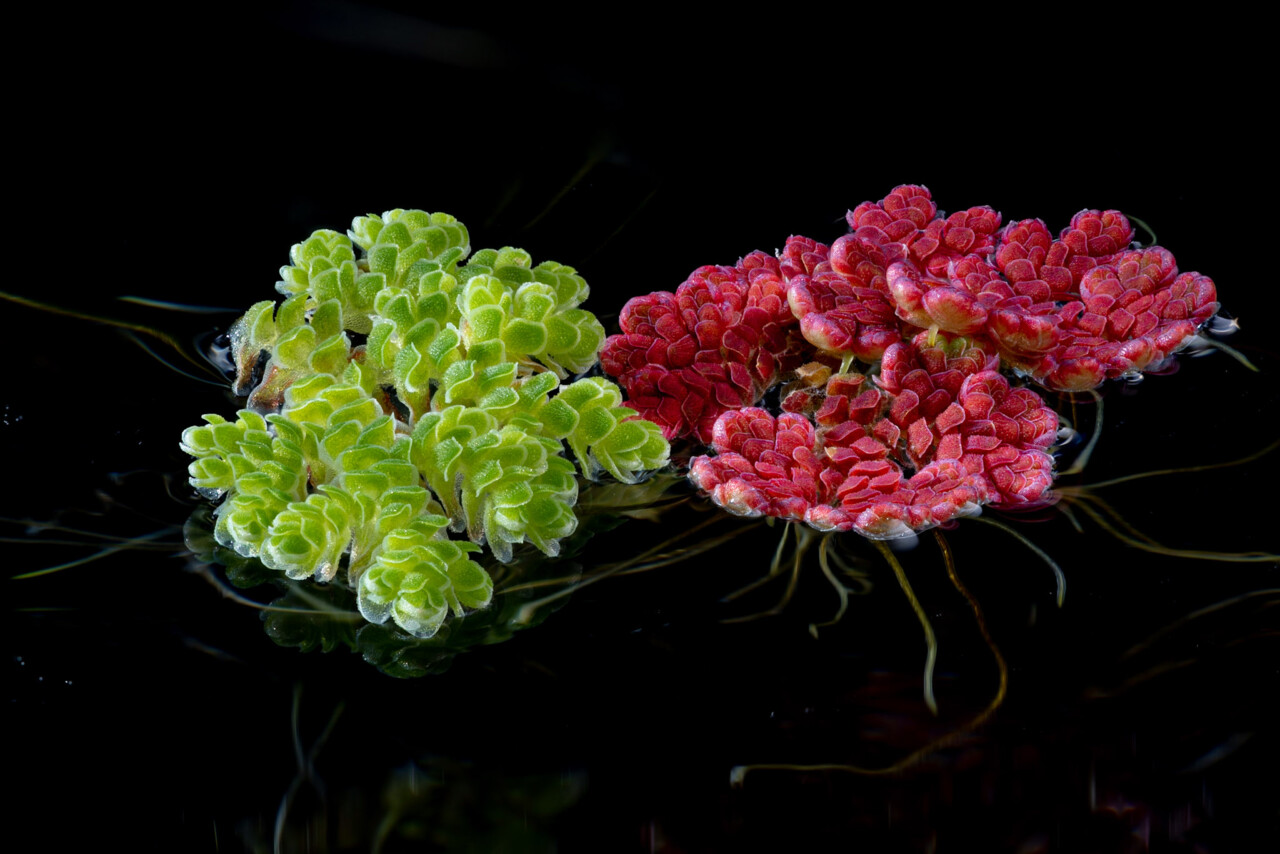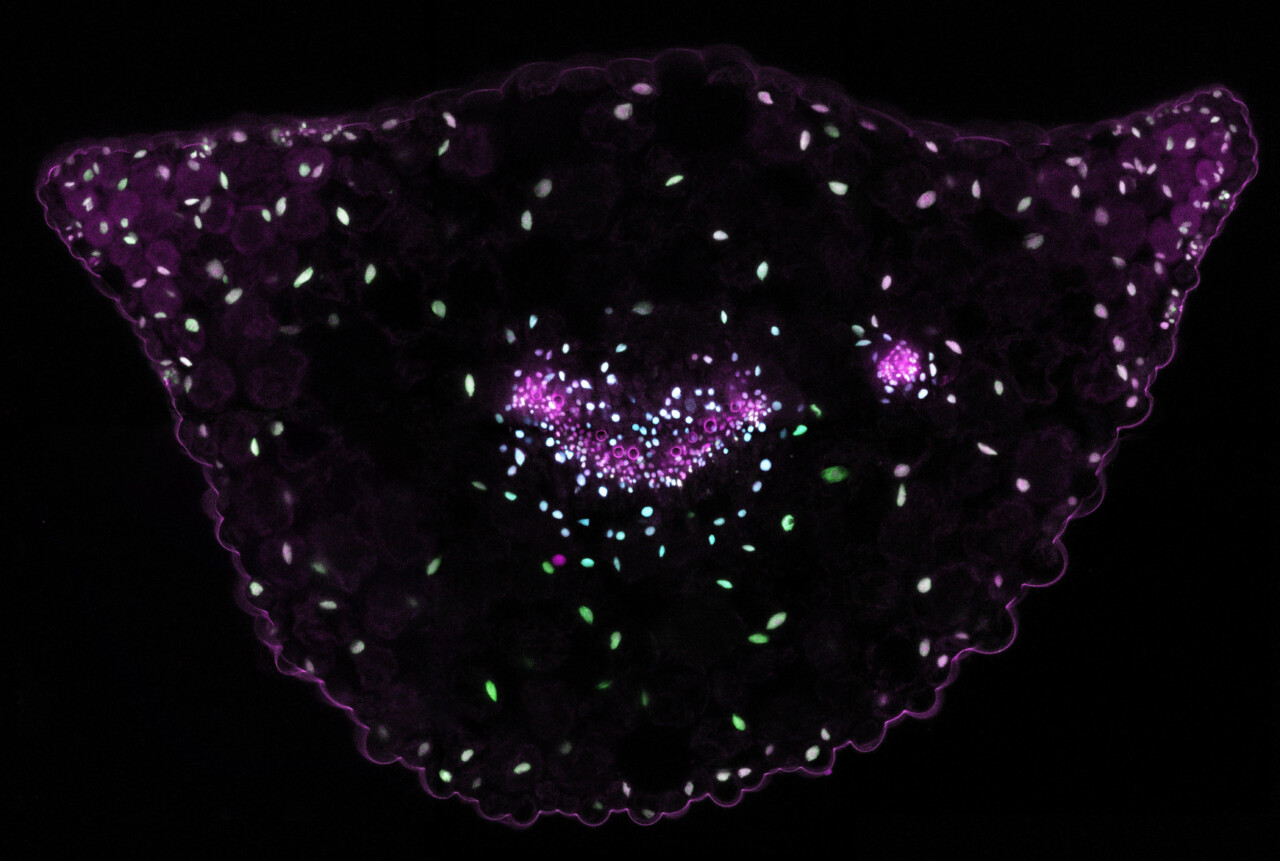The researcher will receive up to 800.000 €, which allows them develop an their own innovative line of research and to expand their own research group further.
Volatile perception in plants
Dr. S. Allmann, University of Amsterdam
 Plants under attack are able to emit large amounts of volatiles into the air. These volatiles can profoundly change the behaviour of nearby insects and plants, but the underlying mechanisms are largely unknown. This project has the goal to unravel the molecular mechanisms of green leaf volatile perception in plants.
Plants under attack are able to emit large amounts of volatiles into the air. These volatiles can profoundly change the behaviour of nearby insects and plants, but the underlying mechanisms are largely unknown. This project has the goal to unravel the molecular mechanisms of green leaf volatile perception in plants.
Decoding an interkingdom hybrid chemical language (DECODE).
Dr. L.M. Dong, University of Amsterdam

Organisms interact with their surroundings through intricate signaling webs using chemical language. In this project, I will DECODE a hybrid chemical language jointly made by plants and their associated microbes but hijacked by parasitic nematodes. I will uncover how this language is created, who is listening to it, and what its fitness benefit is. I anticipate discovering an entirely new, important and evolutionary conserved, signaling molecule that is involved in the plant-beneficial microbe-nematode interaction.
Rapid signals that protect plants against aphids
Dr. K.J. Kloth, Wageningen University & Research Centre
Aphids are piercing-sucking insects that pose a big threat to sweet pepper production. In this project, we study how plants activate their defenses during an insect attack in detail. We will

measure cell-type-specific plant responses to aphids to elucidate natural plant defense mechanisms and identify plant genes to improve sweet pepper resistance against aphids. We will also study how beneficial bacteria in the soil can stimulate these natural plant defenses. Together, this will enable the development of pepper plants with improved natural resistance to aphids and alternatives for applying insecticides.
Origin and evolution of RNA silencing pathways
Dr. D.C. Swarts, Wageningen University & Research centre
After RN A transcription several processes take place that regulate the amount of RNA in the cell. An essential mechanism for regulation of RNA levels in insects, plants, animals, and humans, is RNA interference (RNAi), a complex process in which Argonaute proteins utilize small ‘guide’ RNAs to recognize and degrade target RNA molecules. How such complex processes evolved is largely unknown. In this project we will characterize newly identified Argonaute proteins that facilitate RNA interference in prokaryotes (bacteria/archaea). This will provide insights into how RNAi processes have evolved and will contribute to understanding these processes in other organisms.
A transcription several processes take place that regulate the amount of RNA in the cell. An essential mechanism for regulation of RNA levels in insects, plants, animals, and humans, is RNA interference (RNAi), a complex process in which Argonaute proteins utilize small ‘guide’ RNAs to recognize and degrade target RNA molecules. How such complex processes evolved is largely unknown. In this project we will characterize newly identified Argonaute proteins that facilitate RNA interference in prokaryotes (bacteria/archaea). This will provide insights into how RNAi processes have evolved and will contribute to understanding these processes in other organisms.



